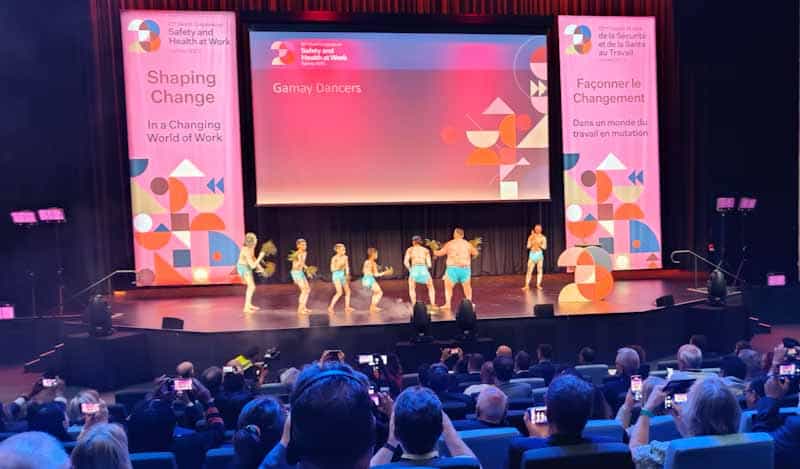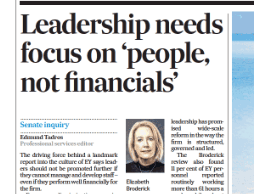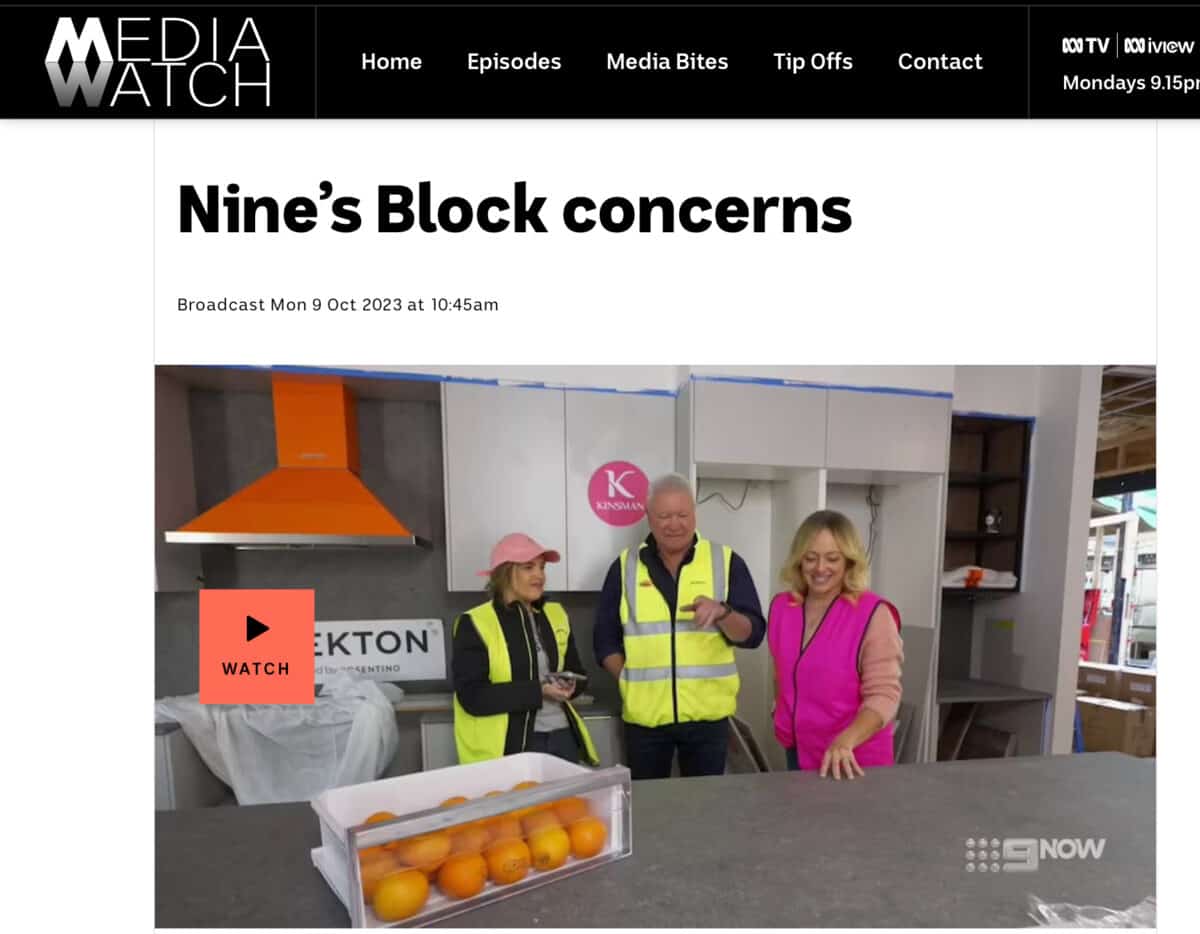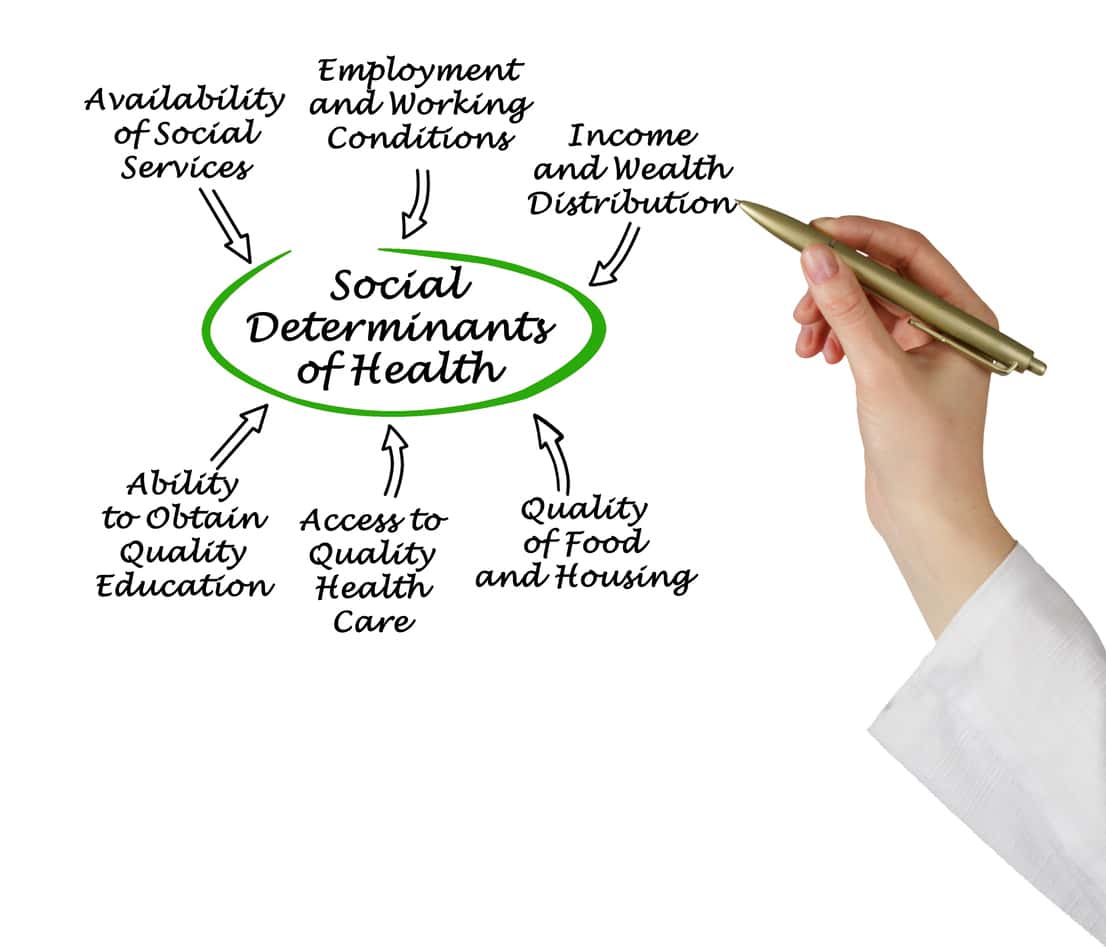The 23rd World Congress for Safety and Health at Work was officially opened last evening after a day of occupational health and safety (OHS) workshops. The indigenous Welcome to Country and Smoking Ceremony were excellent, and from the number of delegates recording the dancing, entertaining and enlightening. The same cannot be said for the speeches.
Category: ethics
Arguing over the WorkCover scheme’s viability again avoids harm prevention
The Victorian Parliament has been debating legislation the government claims is essential to fix a “broken” workers’ compensation system. There are a lot of elements to what is broken – premium increases, political access to WorkSafe finances, political topping up of WorkSafe finances, high numbers and costs for workplace mental health compensation claims and more. What is largely missing is a discussion on the prevention of mental health injuries at work.
Cultural and operational shortcomings in white-collar work
Long working hours and the billable hours structure received some attention in the prominent business newspaper. the Australian Financial Review, on November 11,2023. Unsurprisingly the article, by Edmund Tadros, about former Sex Discrimination Commissioner, Elizabeth Broderick has garnered attention in the business social media. The article reinforces the unsafe nature of the dominant management practices in white-collar workplaces.
Engineered stone and The Block
One supplier of synthetic stone products to Australia, Cosentino, is in the mainstream media after an appearance on a popular television home renovations show on the Nine Network, The Block. Several occupational health and safety (OHS) professionals and organisations have raised concerns about how the product was discussed and presented on a recent episode. The best coverage of this matter has been by an ABC television program, MediaWatch.
MediaWatch revealed the importance of listening to how dangerous products are described and how the guidance of OHS Regulators can be interpteed or manipulated.
Toothless enforcement
Ross Gittins is a prominent Australian economics journalist. In The Age on September 20, 2023, he wrote an article about the recent spate of corporations being prosecuted and penalized for breaking the law. Many of his points can also relate to companies and executives breaking occupational health and safety (OHS) laws.
Continue reading “Toothless enforcement”OHS context in many mainstream news stories, if you look
Occupational health and safety (OHS) is rarely reported on in the mainstream newspapers but every week OHS is there, adding a contect to a scandal or subtext to a public health risk. Last weekend was no different. The Guardian of September 16, 2023 reported on a review of personal relationships by BP, a prison escape, deaths from air pollution, a more relaxed approach to work, shoplifting and customer aggression, and more.
Why is profit put before safety?
Occupational health and safety (OHS) is a remarkably insular profession. It tends to narrow its focus on legislative compliance even though Social Determinants of Health is a core unit of tertiary OHS education. OHS professionals are also notably weak in understanding the business realities that their employers and customers face. This inability to understand the economic realities is a common criticism of OHS, not reflecting “common sense” and being naïve.
To understand OHS’ limitations and potential, it is necessary to have a basic knowledge of the economic and political ideologies under which clients and employers work. “The Big Myth – How American Business Taught Us to Loathe Government and Love the Free Market”, by Naomi Oreskes and Erik M Conway, contributes to that understanding.







